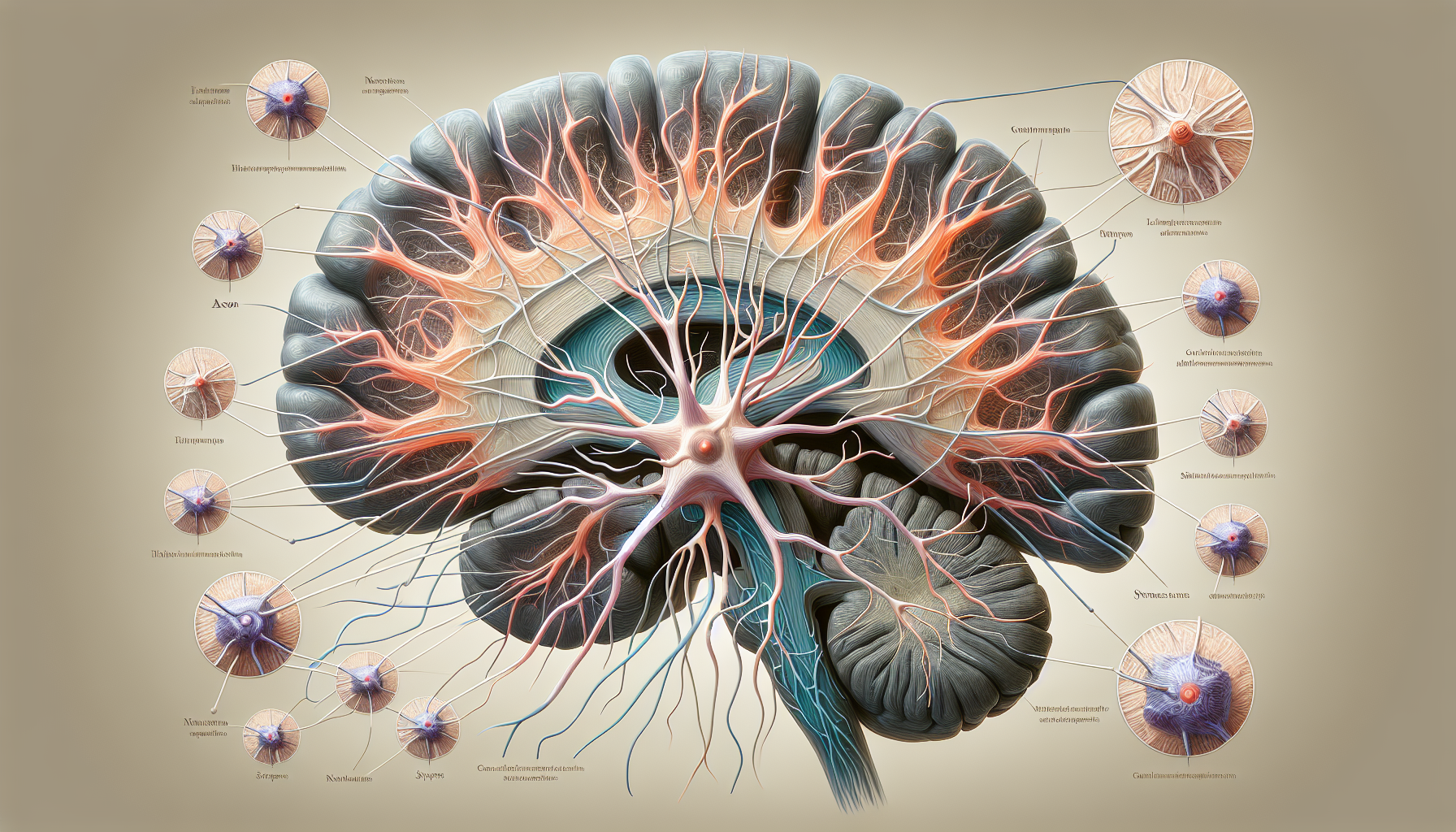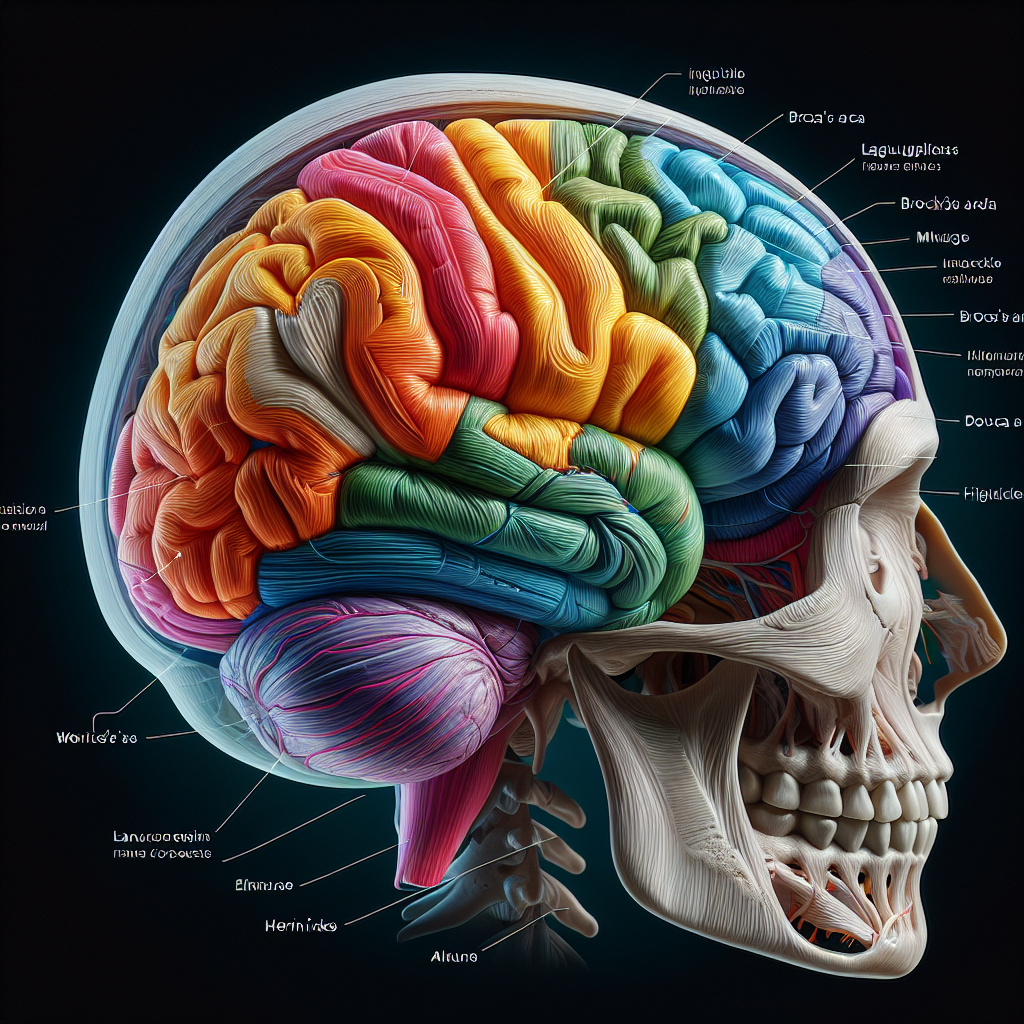In an increasingly globalized world, the ability to communicate across cultural and linguistic boundaries is more valuable than ever. Beyond the social and professional advantages, learning a new language has profound effects on the brain. Emerging research in the field of neuroscience has shown that language learning can significantly influence brain plasticity, the brain’s capacity to change and adapt as a result of experience. This article delves into the ways in which acquiring a second language can reshape our neural landscape, bolster cognitive functions, and potentially offer protection against age-related decline.
Brain Health and Language Acquisition
Language learning is a complex cognitive task that involves a variety of brain processes. As a leading resource on brain health, Avix Health provides insights into the mechanisms through which language acquisition can enhance cognitive reserve and neuroplasticity—the brain’s ability to form new neural connections throughout life.
Cognitive Benefits
Language learning engages the brain’s executive functions, including memory, attention, and problem-solving skills. Multilingual individuals often show improved memory capabilities, more creative thinking, and greater mental flexibility. The challenge of mastering a new language requires the brain to resolve ambiguity, which in turn, strengthens cognitive muscles.
The cognitive workout provided by language learning is also linked to better memory retention, as one navigates new vocabulary and grammatical structures. The mnemonic techniques employed in language study are an exercise in mindfulness, a practice that has been shown to enhance memory and cognitive health.
Brain Structure and Function
Learning a second language not only modifies the brain’s software but can also alter its hardware. Studies reveal that bilinguals can experience growth in the hippocampus and areas of the cerebral cortex related to language processing and executive function. These structural changes contribute to the brain’s plasticity, enhancing its ability to undertake various tasks.
Moreover, the process of switching between languages, known as code-switching, engages the brain’s executive control centers, training the brain to juggle multiple tasks—a skill that is transferable to other domains.
Delaying Cognitive Decline
There is emerging evidence to suggest that bilingualism might contribute to a delay in the onset of dementia and other age-related cognitive impairments. By constantly engaging the brain in complex linguistic tasks, multilingual individuals might build a cognitive reserve that helps maintain brain function in the face of degeneration.
For those looking to take proactive steps in neurodegenerative condition prevention, strategies such as early detection are fundamental, and language learning could be a valuable addition to such strategies.
External Resources on Language Learning and Brain Health
While Avix Health provides a wealth of information on brain health, there are also external resources that offer specialized insight into the relationship between language learning and cognitive function:
- A study in the Journal of Neuroscience provides evidence for structural brain changes in individuals learning a second language.
- Research published in Brain and Language explores the cognitive benefits of bilingualism, including attention and task-switching advantages.
- The American Academy of Neurology has published findings on how bilingualism may delay the onset of Alzheimer’s disease.
Practical Applications
Understanding the impact of language learning on the brain is not merely academic—it has practical applications for individuals seeking to enhance their cognitive health. Here are some recommendations:
Engaging in Language Courses
Enrolling in language courses can provide structured learning and opportunities for practice and interaction. Whether it is through community education or online platforms, the act of engaging with a new language can be a powerful catalyst for brain change.
Utilizing Language Learning Apps
Technology has made it easier than ever to immerse oneself in language learning. Apps can provide interactive and engaging ways to practice, often using game-like formats that make learning feel less like work and more like play.
Cultural Immersion
Immersing oneself in a culture where the target language is spoken is one of the most effective ways to accelerate learning. This immersion challenges the brain to use the language in real-world situations, strengthening the neural pathways associated with the language.
The Bigger Picture of Brain Health
While language learning is a potent tool for enhancing brain plasticity, it is important to consider it within the broader context of lifestyle choices that impact cognitive health. Regular social engagement, physical exercise, such as the impact of aerobic exercise on brain health, and a balanced diet are all crucial components of maintaining a healthy brain.
Incorporating language learning into a holistic approach to brain health that includes mindfulness practices, as discussed in "The Role of Mindfulness in Stress Reduction and Brain Health," can further potentiate the benefits and contribute to a robust and resilient cognitive system.
Conclusion
The decision to learn a new language is more than a cultural or communicative endeavor—it’s an investment in one’s brain health. The plasticity of the brain allows it to adapt and grow in response to new challenges, and language learning is a particularly effective way to harness this capability. While it is a commitment, the cognitive and neurological benefits that come with being bilingual or multilingual make it a pursuit well worth considering for anyone looking to enhance their brain’s health and longevity.



